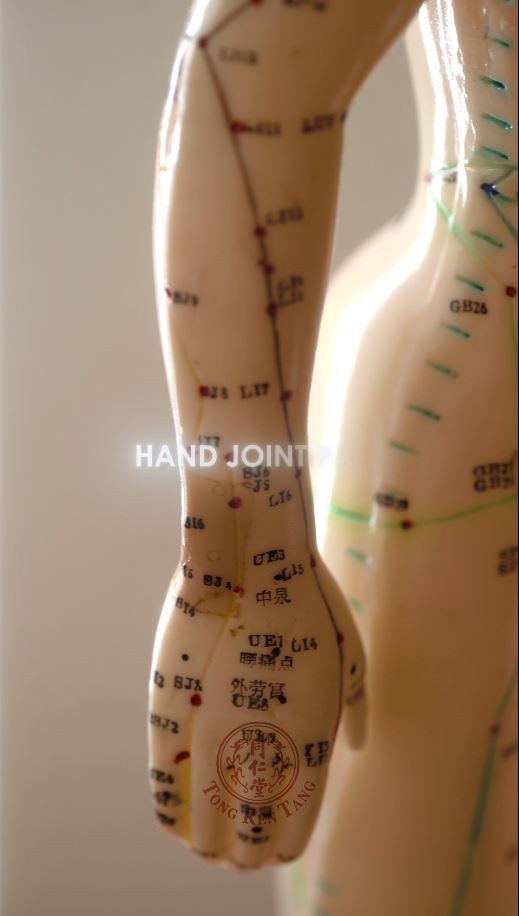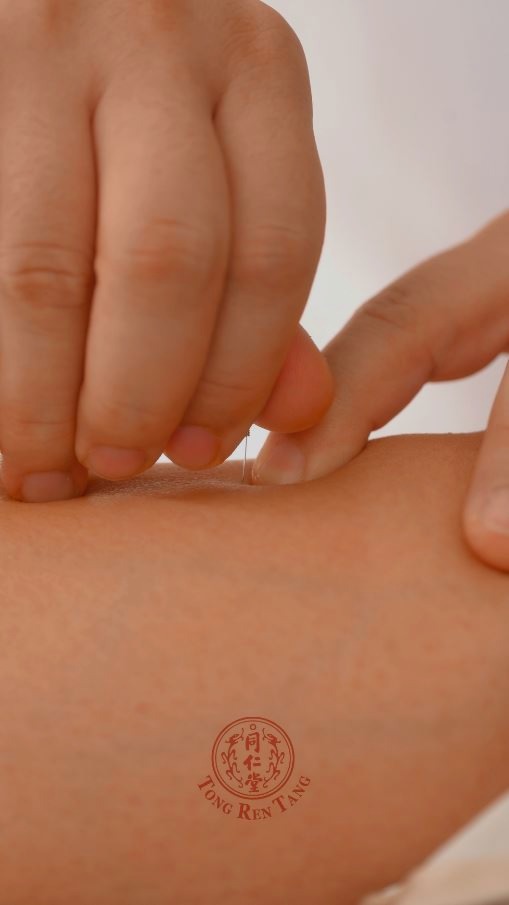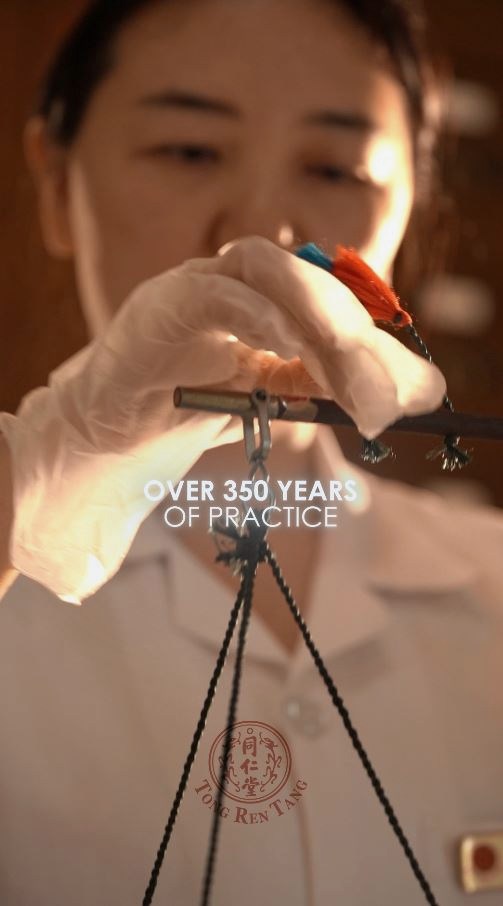# How Acupuncture Helps in Joint Pain
Mechanism of Acupuncture in Alleviating Pain
Acupuncture is based on the principle of stimulating specific points in the body to promote healing and reduce pain. By inserting thin needles into these acupoints, practitioners aim to balance the flow of qi, or energy, which can become stagnated or blocked in individuals experiencing joint pain. This process helps to release endorphins and other natural pain-relieving chemicals, providing a sense of relief. Research suggests that acupuncture may also enhance blood circulation in the affected areas, facilitating the delivery of oxygen and nutrients to damaged tissues. Improved blood flow can lead to reduced inflammation and swelling, making it easier for joints to function properly. As a result, patients often report decreased discomfort and enhanced mobility after multiple sessions.

Benefits of Acupuncture for Joint Pain Management
One significant benefit of acupuncture is its ability to provide relief without the need for medication. Many individuals suffering from chronic joint pain, such as arthritis or tendinitis, are concerned about the side effects of long-term use of painkillers. Acupuncture serves as a natural alternative that can help manage pain effectively while minimizing the risks associated with pharmaceuticals. Additionally, acupuncture has been found to improve overall well-being. Beyond pain relief, patients frequently experience better sleep quality, reduced stress levels, and enhanced emotional health. These holistic benefits contribute to a more comprehensive approach to managing joint pain, allowing individuals to engage in their daily activities with greater ease and comfort.

Considerations and Effectiveness
While acupuncture can be beneficial for joint pain, its effectiveness may vary among individuals. Factors such as the severity of the condition, treatment frequency, and the skill of the practitioner can all play a role in the outcomes. Some people may notice significant improvements after just a few sessions, while others might require ongoing treatments to achieve desired results. It’s essential for individuals considering acupuncture to consult with a healthcare professional. This ensures that they choose a qualified acupuncturist and discuss any potential interactions with existing treatments. Overall, acupuncture presents a promising option for those seeking relief from joint pain, offering a blend of physical and emotional support throughout the healing process.





